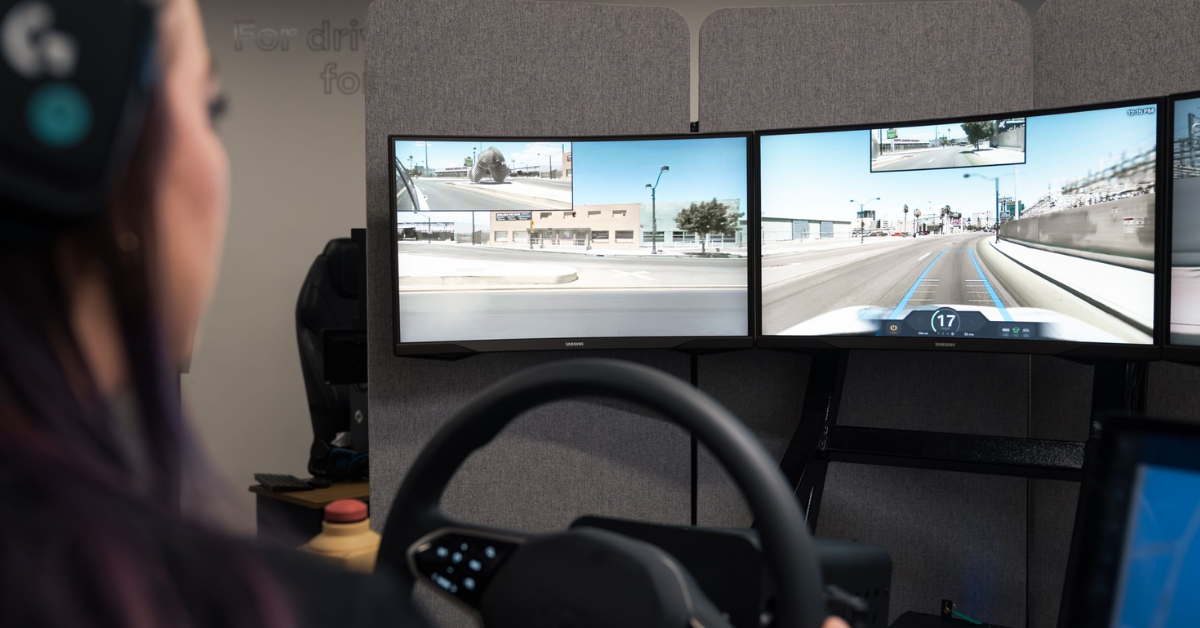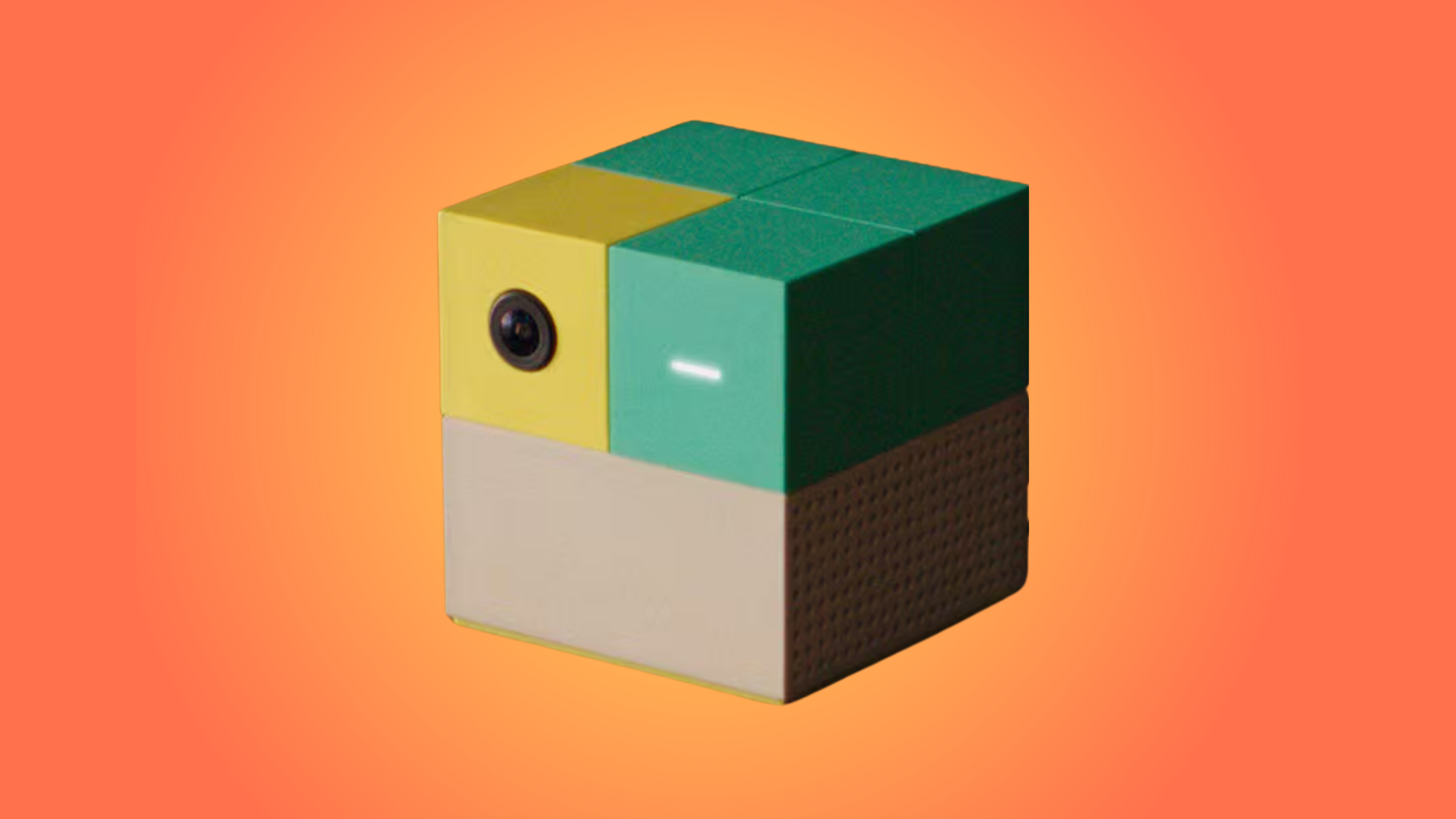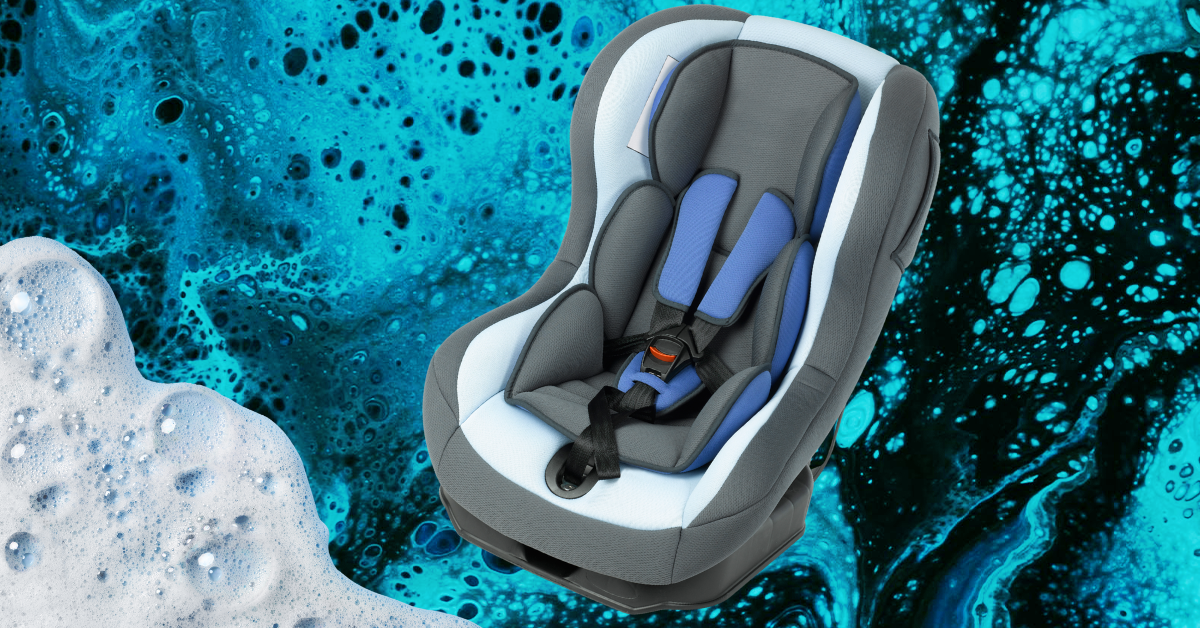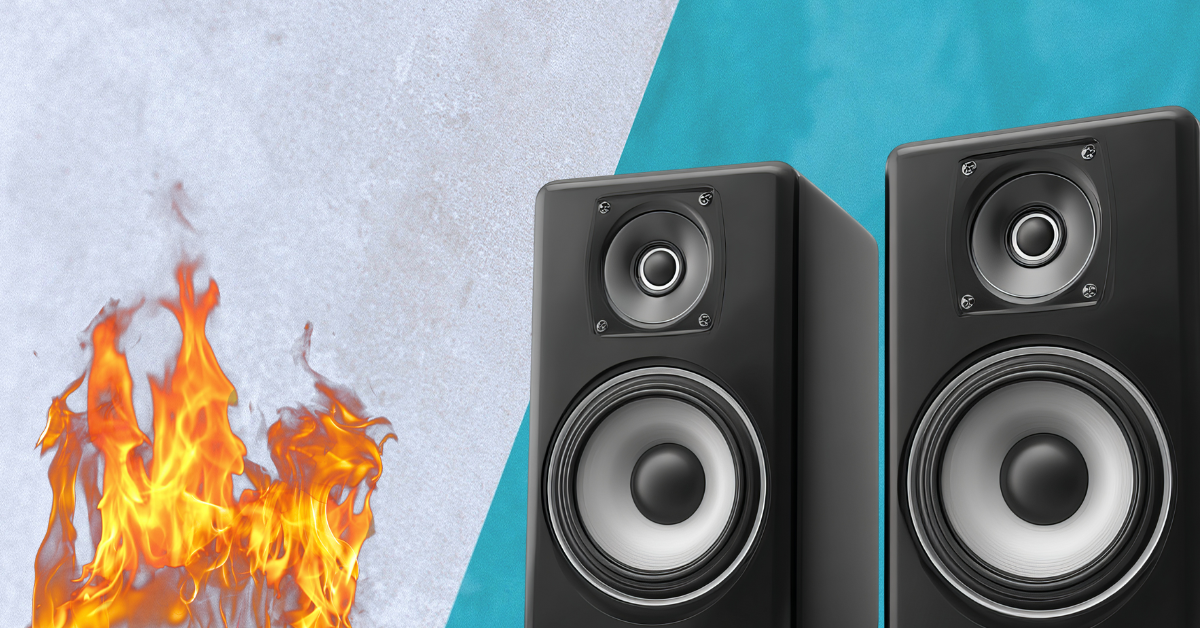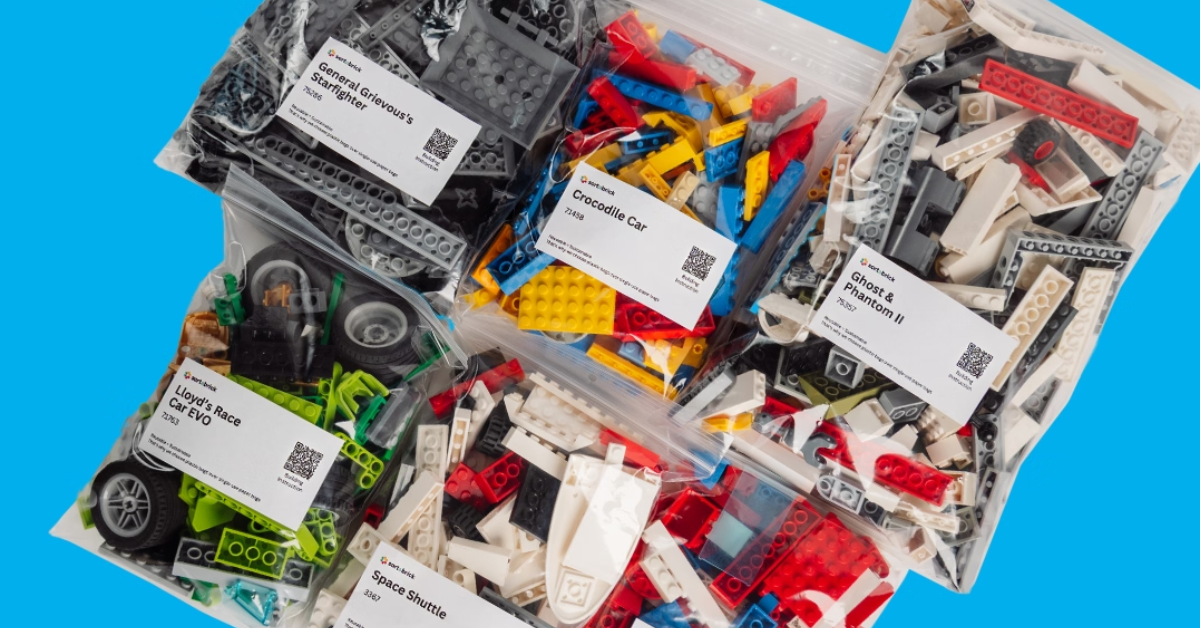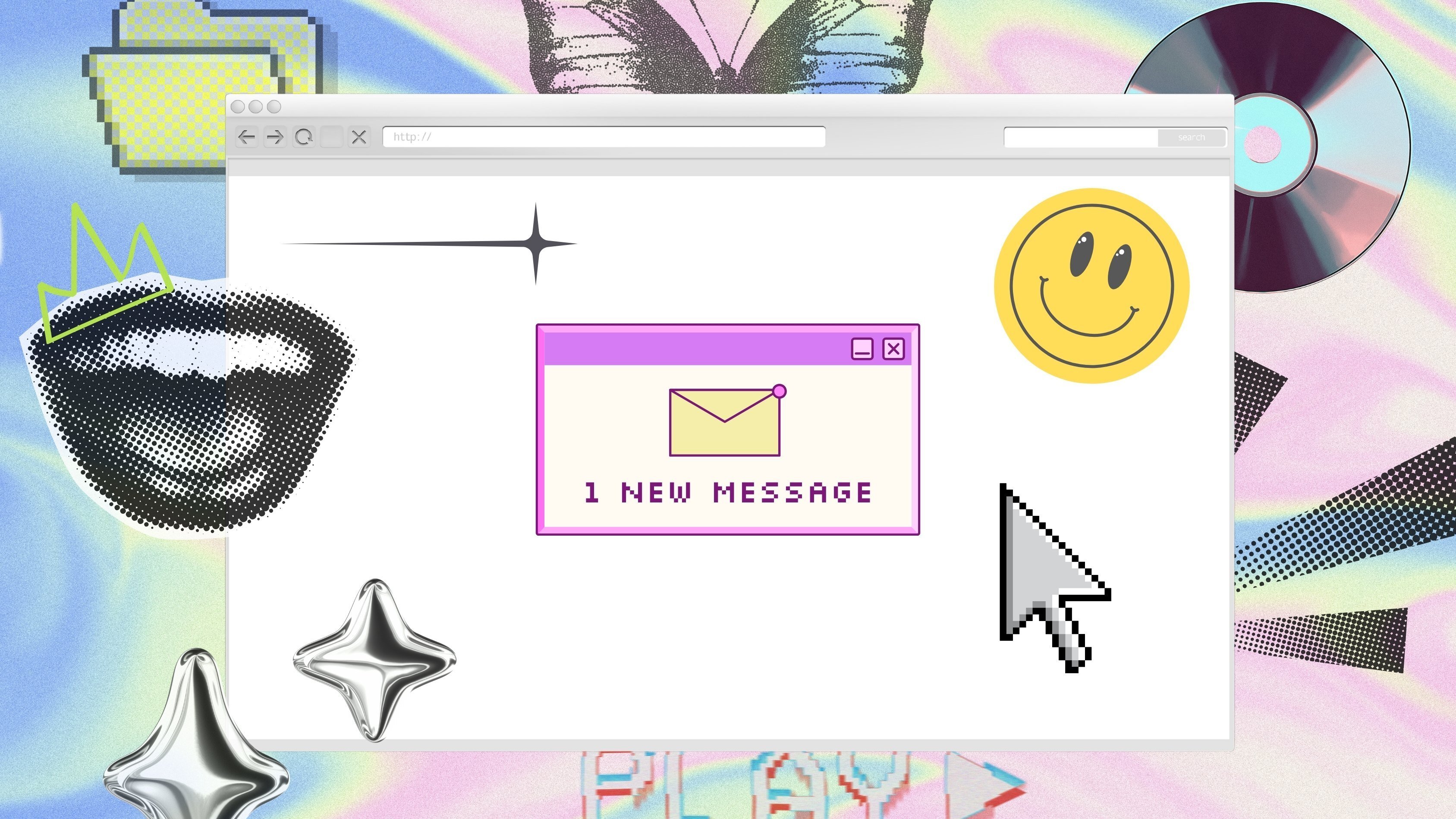You know that saying about death and taxes? Well, the other certainty in life — if we're lucky — is that each day we grow a little older.
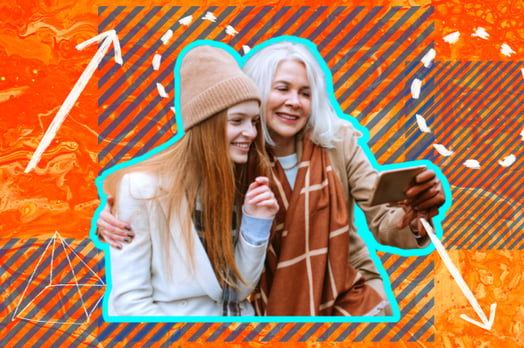
By 2050, one in six people around the world will be over the age of 65. Globally, 2018 was the first time in history where people 65 and older outnumbered children under five years old.
An older population means a growing need for businesses working to make aging in place safer. The majority 77% of adults over 50 want to remain in their homes long term, even if old age increases the risk for doing so.
To ensure older adults are safe while at home, startups are using tech to develop new solutions. And with the elderly care market projected to reach $2.3B in 2028, the money is following.
As a former founder, Abby Miller Levy saw how much white space there was for innovation in the aging industry, from health care and financial services to real estate and consumer experiences.
After first drafting business plans, she realized that the problem was far larger than a single startup could solve, and instead pivoted to found Primetime Partners, a venture capital firm investing in companies that serve older adults.
"This is an industry where technology just hasn't been applied yet in all the ways we take for granted in other industries," says Miller Levy. "That's what excites us the most the ability to scale and engage a population that has relied only on human services."
One company using technology to solve a major issue for older adults is Zibrio, a balance scale originally created by NASA scientists for studying how astronauts stand on the moon. When Katey Forth and her co-founders realized the technology could serve older adults on earth, the startup was born.
Zibrio's balance scale can predict fall risk, and with one out of five falls leading to serious injury and 3m older adults treated in emergency departments for fall injuries every year, minimizing falls can be life or death.
The scale's AI uses decades of data gathered on human balance to measure the force and movement under a user's feet movements so small that the user might not be able to feel it. The scale's AI is then powerful enough to predict whether or not someone will fall in the next 12 months.
The scale can be used in homes, group living facilities, or medical offices, and it delivers data to users using a simple scale of one through 10 via an app. Understanding one's balance allows for tweaks to medication, footwear, exercise, and more. Forth says they see a 74% reduction in falls after the scale is used.
As far as the industry as a whole, Forth agrees that there's innovating left to be done:
"It's not necessarily the sexiest of topics, and that might be hurting it," she says. "There is a huge amount of opportunity here, and things that need to be solved. Aging happens to everyone; you might as well invest in your future and everyone else's."
Another startup in the space, Sensi.Ai, is using AI in a different way. The company employs an audio-analytics platform (AKA audio pods installed in senior-care environments) to deliver better care.
The machine-learning system is smart enough to pick up audio only for care-related events, so it provides more privacy and autonomy than traditional video cameras. Audio of an event is then sent to Sensi's HIPAA-compliant cloud and is translated into notifications, insights, and recommendations for home-care agencies.
Haidee Hanna, Sensi's VP of marketing, says that the solution is two-pronged:
Home care agencies have increasingly embraced technology, but now with staff shortages at an all-time high, they have been exploring technologies to extend the reach of their staff. On the other side, seniors and their families are looking for ways to age in place safely outside of nursing homes.
Those staff shortages, one of the many ripple effects of the covid pandemic, further complicate the already delicate healthcare system for older adults.
Now, many seniors prefer to live at home for as long as possible and receive care using telehealth. Miller Levy says that the pandemic highlighted the importance of the aging industry, and she's still seeing its effects.
The caliber of entrepreneurs and the interest from investors has blossomed in the past three years of covid, she says. The pace of innovation has accelerated, but there are still so many underserved areas.
And the innovation is indeed picking up: There's Labrador Systems, which develops assistive robots; Near Technology, which offers specialized tech support for older adults; GoGoGrandparent, which connects seniors without smartphones to meal delivery and ride-sharing apps; and Hank, which is for socializing among many others.
Miller Levy notes that while historically most of the aging industry startups have been health care-related, the category is expanding to approach growing old from every angle. And, ultimately, the sector will need to grow as complex as the individuals it serves.
"This industry is where climate change was 10 years ago," she says. "The statistics and the data were always there. Everyone knew it was coming. But there wasn't the urgency. Coming out of covid, we have the urgency."
What did you think of this article?
Startups
.jpg?width=48&height=48&name=IMG_2563%20(1).jpg)

